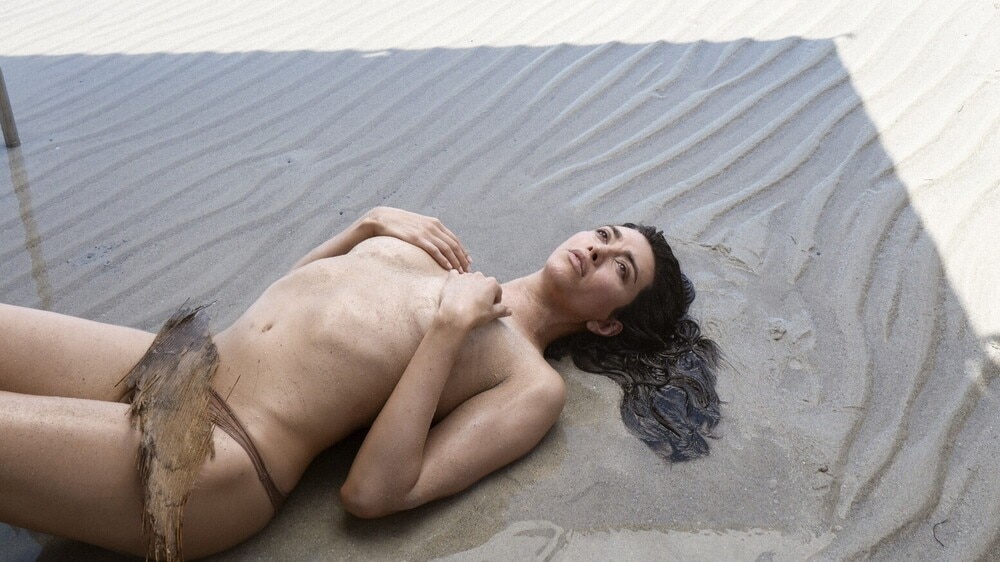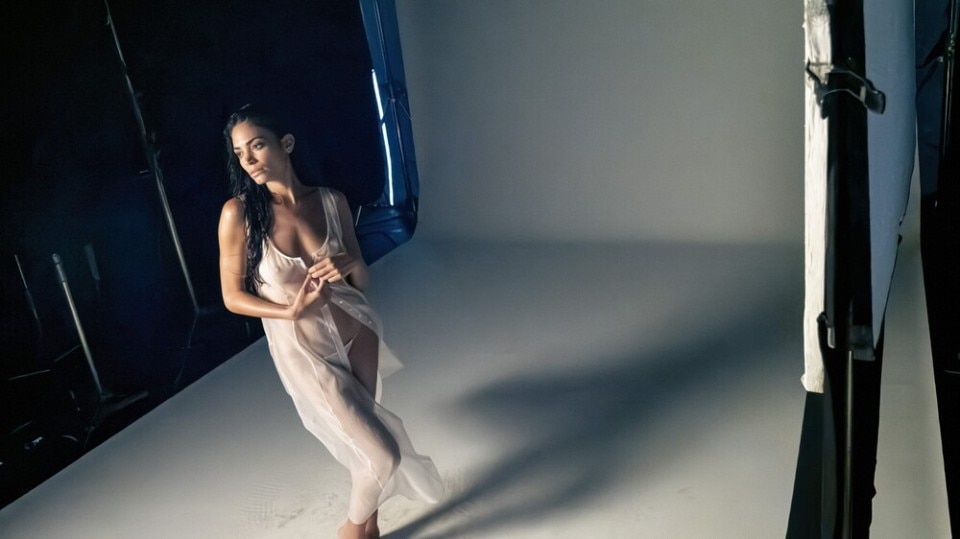The story of the Pirelli Calendar begins back in 1964, when Pirelli UK Ltd, the British subsidiary of the Bicocca group, launched a marketing project that was both exclusive and unexpected, aiming to surpass the competition from other British tire companies.
The first photo shoot was entrusted to British photographer Robert Freeman, already known for his portraits of the Beatles. In 1972, French photographer Sarah Moon created a memorable edition with her unique style, enveloped in an ethereal and painterly atmosphere inspired by the 1930s.
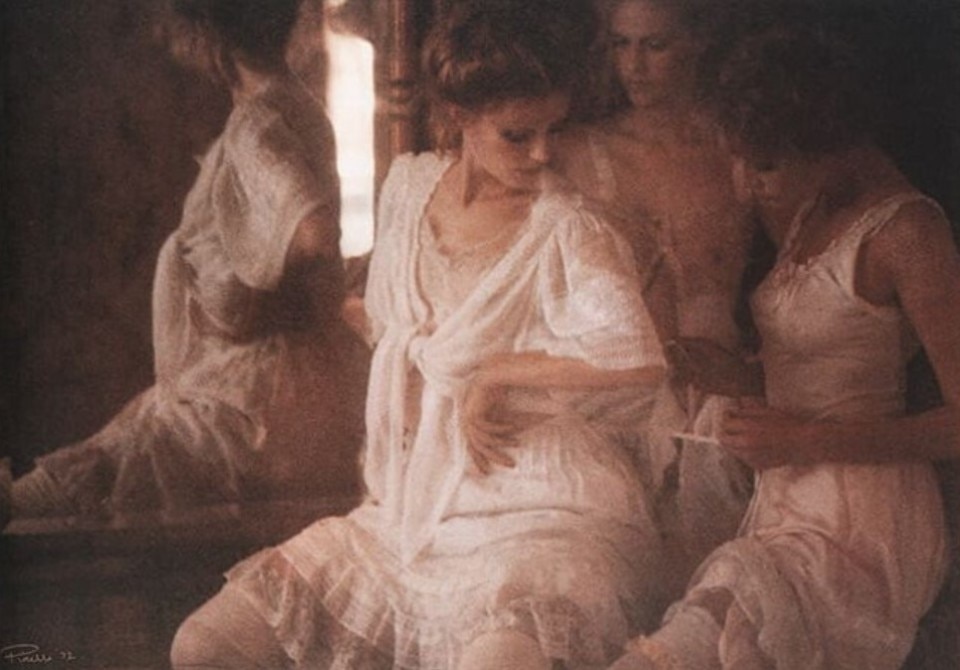
From the very beginning, The Cal has been credited with capturing the spirit of the times by selecting iconic models and prominent photographers. Over the years, artists such as Helmut Newton, Terence Donovan, Herb Ritts, Richard Avedon, and Peter Lindbergh contributed to its success, each bringing their own established vision and style to the portrayal of the female body.

The turning point for Pirelli came in 2000, when Annie Leibovitz redefined the concept of the calendar and nude photography with almost abstract black-and-white shots that emphasized artistic expression. In 2004, Nick Knight and artistic director Peter Saville shifted the focus from male desires to female ones, creating images based on the intimate fantasies of influential women. In 2013, Steve McCurry brought a social commitment focus, capturing models such as Brazilian Adriana Lima alongside “Carioca” women from Rio de Janeiro.
Another milestone is the visionary masterpiece by Tim Walker for the 2018 calendar, where he reinterprets Alice in Wonderland with an exceptional cast, including Naomi Campbell, Whoopi Goldberg, and Lupita Nyong'o. In 2020, Paolo Roversi created an edition inspired by Romeo and Juliet.
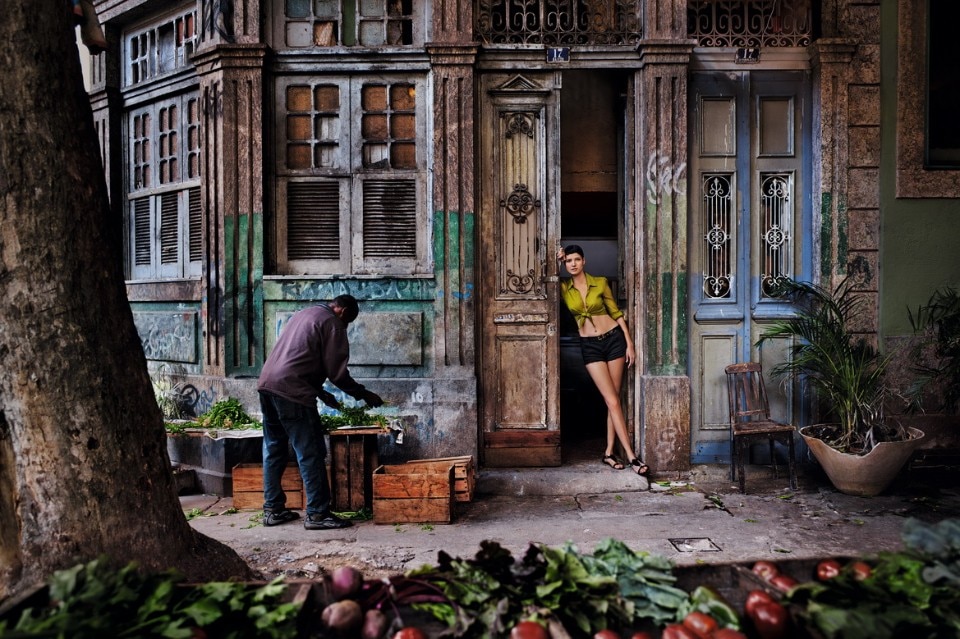
From 1964 to 2024, despite some interruptions, 50 editions of the Pirelli Calendar have been published, created by 39 photographers. The new edition, by American photographer Ethan James Green, known for his work with magazines such as Vogue, ID, and Dazed, and collaborations with brands like Dior and Prada, was shot in Miami at the historic Virginia Beach Park. The set features three men and nine women, including Italian Elodie, model Connie Fleming, and artist Martine Gutierrez. The cast also includes figures such as Simone Ashley, Hoyeon Jung, Jodie Turner-Smith, Jenny Shimizu, Hunter Schafer, Padma Lakshmi, Vincent Cassel, and John Boyega. This project promises to return to classic photography styles, replacing the male gaze with a more inclusive perspective that focuses on capturing the essence of bodies and diverse identities. It stands as a true ode to the personalities chosen by Green.
The concept of nudity returns, understood as a way to capture someone's true essence.
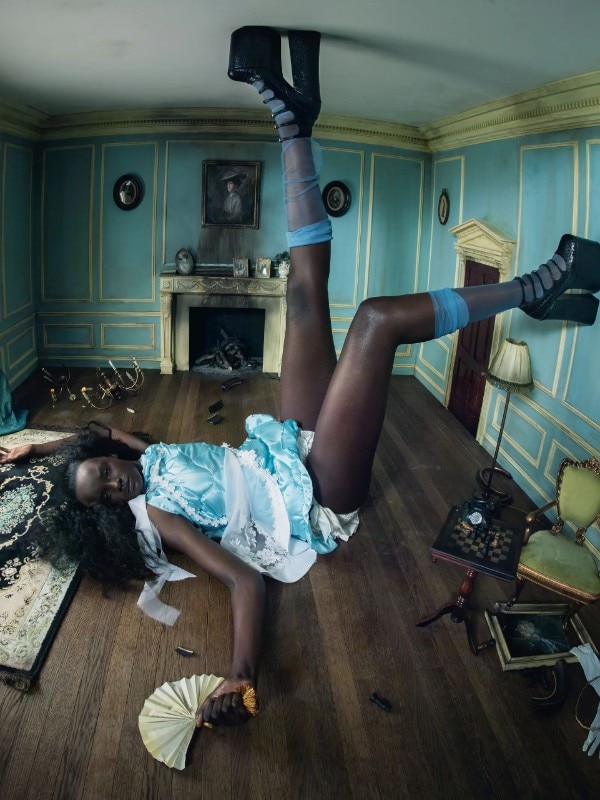
The preview of the “Refresh and Reveal” backstage has sparked various controversies: “Who sold the Pirelli account?” and “Nudity to sell tires?”
Is it collective amnesia, or is it simply a new audience?
Pirelli has long been involved in more than just tires. While maintaining its core business focused on high-performance tire production, Pirelli is engaged in cultural activities through HangarBicocca, an exhibition space for contemporary art; artistic endeavors with the renowned Pirelli Calendar; fashion collaborations for clothing and accessories; and motorsport, providing tires for competitions like Formula 1. Additionally, the company is committed to sustainability and social responsibility initiatives.
The world has changed since the last time Pirelli produced a sexy Calendar.
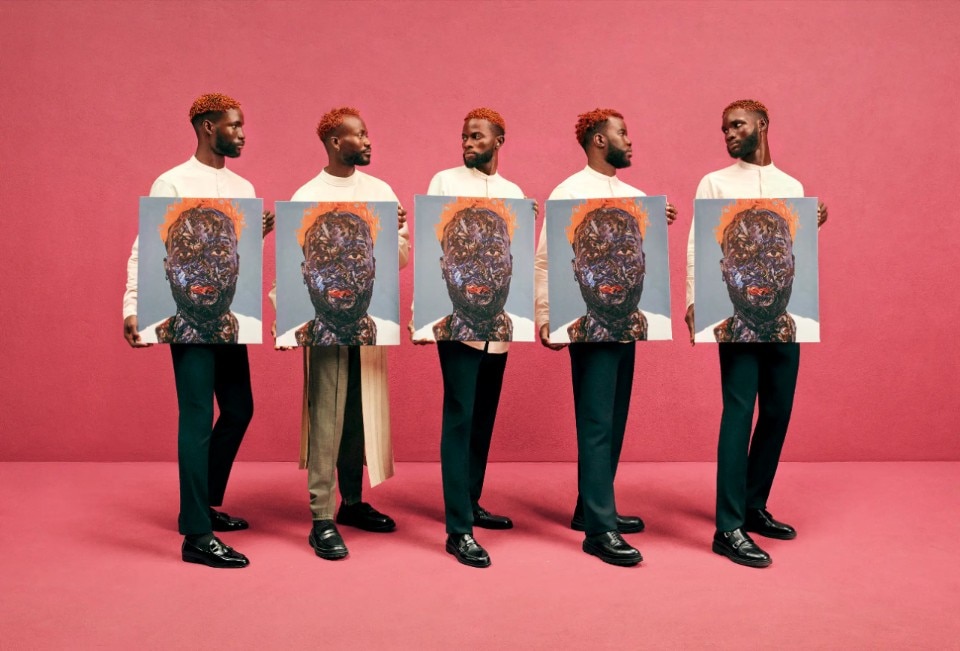
"Refresh and Reveal" returns to the roots of the Calendar, updating it for a modern audience.
For the first time, The Cal adopts a historicizing approach, with Green explicitly paying homage to the work of Richard Avedon and Herb Ritts. Each model will be featured in two portraits: one in color, taken outdoors on the beach or in water, and the other in black and white, captured in the studio. Also confirmed for the third consecutive year is the trend of having the photographer himself included in the cast, as seen with Prince Gyasi (2024) and Bryan Adams (2022).
Starting as an object of curiosity and male desire, the Pirelli Calendar has become a product capable of subverting its own assumptions, becoming a symbol of artistic expression and, for this very reason, also of social reflection. In short, as the world changes, the Pirelli Calendar also continues to evolve, witnessing the sensitivity of its time. And controversy is part of this process of transformation. To decide whether to turn up our noses, we will just have to wait and see how the 2025 one will interpret the present.

Sahil: G.T.DESIGN's Eco-conscious Design
At Milan Design Week 2025, G.T.DESIGN will showcase Sahil, a jute rug collection by Deanna Comellini. This project masterfully blends sustainability, artisanal craftsmanship, and essential design, drawing inspiration from nomadic cultures and celebrating the inherent beauty of natural materials.

